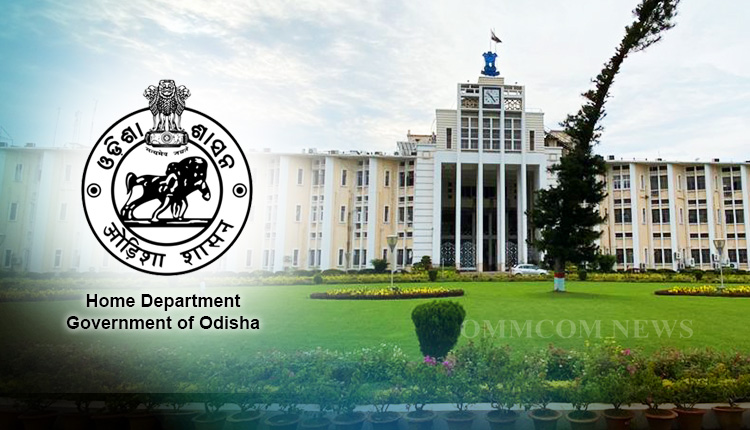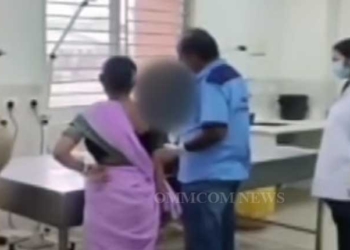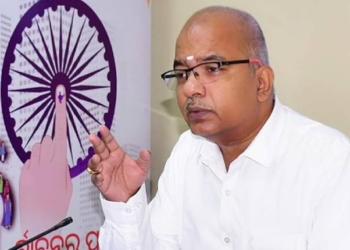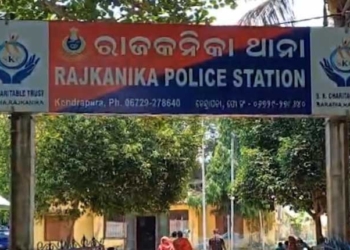Bhubaneswar: In most states, the power to transfer and postings of police officers in Deputy Superintendent of Police (DSP) and equal ranks lies with the state government.
With an aim to enhance the efficiency and transparency of the transfer process for DSP-ranked officers and their equivalents, Odisha has joined the list of states where the government, rather than the Director General of Police (DGP), will decide transfers and postings of police officers in DSP and equivalent ranks, effectively divesting the DGP of this critical supervisory power.
According to sources, this decision brings Odisha in line with all states where the panel formed by the government has the discretion to take decisions for senior police officers.
“After careful consideration, the Government have been pleased to decide that henceforth, the transfer & posting of police officers in the rank of Deputy Superintendent of Police / Asst. Commandant and Addl. Superintendent of Police / Deputy Commandant shall be made at Government level in Home Department by constituting a transfer & posting Committee at Government level”, read the notification issued by the Home Department recently.
Going by the notification the transfer and postings in the rank of DSPs/assistant commandant (AC) and additional superintendent of police (ASP)/deputy commandant (DC) will be carried out at its level by constituting a committee.
The committee responsible for transfer and posting decisions will be headed by the Home Secretary, with the DGP serving as a member. The committee will also include a second member, who will be either the Special Secretary, Additional Secretary, or Joint Secretary of the Home Department (in-charge of the establishment).
Notably, Odisha is not alone in this move, as all states have already vested the power to transfer DSP-rank officers with the state government, rather than the police department.
It is pertinent to mention that apart from Odisha, the DGP issues transfer orders of DSPs in Rajasthan and Tamil Nadu. These orders are only issued after receiving formal approval from the government. This implies that the DGP may recommend transfers, but the final decision rests with the government, which must give its formal consent before the transfer can take effect.
















